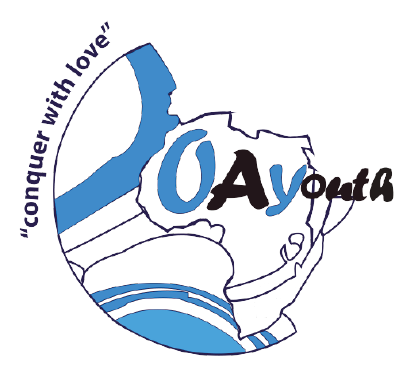SUMMARY
Unemployment, lack of gainful employment opportunities, poor social services, drug abuse and depression are key challenges affecting Kenyan youth who make up over 70% of the population. About 800,000 of youth enter the labour market annually, yet about 35% are absorbed in comparison to 10% national unemployment rate. To address this situation, the government has developed a raft of measures in line with Big 4,and National Youth Policy, Kazi Mtaani, Kenya Youth Employment Project, Youth Enterprise Development Fund, National Gender and Affirmative Action Funds, and Ajira Digital Project among others. However, the level of unemployment is still rising leading to negative socio- economic impacts such as insecurity, exploitation and Gender Based Violence.
These high unemployment rates result from several factors as; inadequate work readiness and employability skills due to non-market responsive education, skill-jobs mismatch, little to no opportunities, poor labour market information system and linkages, corruption and less comprehensive policies and strategies. While most policies are pushing youth to self-employment, majority prefer wage employment. These issues are exacerbated by little experience and fewer on-job training opportunities given that impede effective education-work transition. Further, Kenya lacks a national Youth Work Framework Delivery aimed at enhancing personal development and support the social, political and economic empowerment of youth beyond the formal learning in a more predictable, professional and sustainable manner. Consequently, most of the youth development and volunteer programs run by state and non-state actors are largely reactive, one-off and not evidence based. Due to socio-cultural challenges and weak support systems, female youth suffer more since they’re not well suited for few available non-skilled menial jobs in construction and public works.
Agriculture and agribusiness have huge potential. However, there has always been little interest and uptake of agriculture and agribusiness opportunities by young women and men in Kenya, despite the immense potential for poverty reduction in rural areas, who are largely driven by real and perceived notions about differential decent self and wage employment. According to The Kenya Youth Agribusiness Strategy 2017 - 2021, less than 10% of the youth labour force is directly engaged in agriculture, with average age of a Kenyan farmer being 60 years. Further, IFAD’s Rural Youth Action Plan (RYAP) shows that 1.2 billion young people – equivalent to 88 per cent – live in rural areas of developing countries, and 75 million’. The scenario justifies the rural setting for the project.
OAY has developed a 2 pronged approach programme to enhance Young People's Empowerment and Employability as detailed below;
